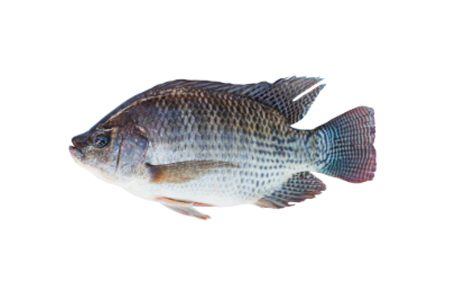Response to the addition of Alquernat Immuplus in the diet of tilapia nilotica
Introduction
Nile tilapia is one of the most harvested species in aquaculture, due to its easy adaptation to adverse conditions (water quality, stocking density). However, its harvest requires the use of factors that increase performance, such as antibiotics, ionophores and hormones. One strategy to reduce this type of compounds in harvesting of tilapia is the use of natural additives such as pronutrients, which do not leave residues, do not lead to resistances or require a withdrawal period.
Objective
To evaluate the inclusion effect of three levels of incorporation of the Alquernat Immuplus, pronutrients immunoestimulants, in the feed of tilapia fingerlings (Oreochromis niloticus, Chitralada strain) on growth, productive parameters, immunological and nutritional status. Also, to determine the optimal dose of pronutrients incorporation in its diet.
Experimental design
648 Nile tilapia fingerlings (Oreochromis niloticus, Chitralada strain) were used in the trial. The initial condition of the fish was 0.21 ± 0.06 g of weight and 2.5 ± 0.06 cm of total length with a duration of 16 weeks.
The fish (0,21 ± 0,06g) were subjected to stress when they were randomly distributed with a stocking density of 54 fish in 12 tanks with a capacity of 25 liters each. They were fed for 16 weeks with commercial feed of 45% protein, supplemented with 0% (T0); 0,2% (T1); 0,4% (T2) and 0,6% (T3) of the product based on pronutrients (n = 3), in controlled environment using a recirculation system (RAS) at a temperature of (26 ± 0,5 ° C).
The variables evaluated were weight and height gain, absolute growth rate (AGR), specific growth rate (SGR), condition factor (K), thermal growth coefficients (TGC) and feed conversion rate (FCR).
Results

There was no significant difference in the productive parameters evaluated. However, a significant difference was found between T0 (control group), with no treatment and T3 (0,6% treatment) (p<0.05) regarding the immune status and nutritional status significant difference (P <0.05) between T2 (0,4% treatment) and T0.

Conclusions
The addition of 0.4% of pronutrients in the diet of tilapia fingerlings produces a positive effect regarding the productive parameters, immunological and nutritional status.
The increase of % of leukocytes in blood (p <0.05) makes that treated fingerlings have lower risk of contracting pathologies of infectious origin.
It was demonstrated that the treated fingerlings possess better nutritional status, due to a significant increase in % hematocrit observed (p <0.05).
In terms of production parameters, there was an improvement in all batches treated with immunostimulant pronutrients compared to the control batch (numerical difference, see table 1) and a decreasing mortality in batches T1 (5.56%) and T2 (5.40%).
Finally, by administering these pronutrients, the use of antibiotics is reduced. Therefore, the contamination of the water and the risk of resistant bacteria for humans and fishes decrease.
The pronutrients used in this study are marketed under the name Alquernat Immuplus L and commercialized by BIOVET S.A.

